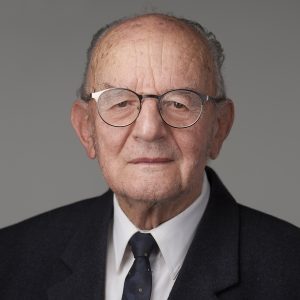Facts
The Hungarian applicant filed the word mark
ECUMENICAL WORLDMUSIC FESTIVAL
word combination in classes 35,41,43 and 45. The mark refers to a religious music event
The Hungarian Intellectual Property Office (HIPO) rejected the application referring to the EU Court of Justice’s BIOMILD Judgement (C-265/00) which holds that the combination of several elements which are not distinctive does not result in a distinctive sign. However, a non-distinctive sign can acquire distinctiveness. In this respect HIPO referred to the EU Court of Justice’s CHIEMSEE judgements (C-108/97 and C109/97), which define the conditions of acquiring distinctiveness. Though the documents filed by the applicant were not found sufficient to prove distinctiveness acquired.
The applicant requested review with the Metropolitan Tribunal, but it was unsuccessful. The Tribunal said that registration of non- Hungarian words must be also refused if their Hungarian meaning is not distinctive. This is the standard case law of the Supreme Court. (3. Pk. 23.534/2017)
Comments
Arguments of the applicant stand on two feet, namely
- the mark applied is distinctive, as the Hungarian public does not understand the English world combination, as a result the mark is distinctive in Hungary
- If it is not distinctive per se it acquired distinctiveness per use.
The Office examined both arguments and rejected them as above reported. As the Tribunal examined only the first question, i.e. distinctiveness, I believe that the applicant filed request for review only in respect of this first question.
The Tribunal made it easy referring to the case law of the Supreme Court. Therefore, I believe that it is necessary to deal with this case law. From my point of view this case law was correctly applied by the Tribunal, since the wording of the mark was English, a language being understood by a big part of Hungarians. The same may be valid also for a mark applied for in German words, but I find it questionable in respect of marks filed in French, Spanish or Polish, but these are only thoughts for the application of this case law in the future.
The second question (lack of acquired distinctiveness) was examined only by the Office. Considering the great practical importance of such situation I think it is worth quoting the relevant findings of the EU Court of Justice referred to by the Office, too, namely: “In assessing the distinctive character of a mark in respect of which registration has been applied for, the following may also be taken into account: the market share held by the mark; how intensive, geographically widespread and long-standing use of the mark has been; the amount invested by the undertaking in promoting the mark; the proportion of the relevant class of persons who, because of the mark, identify goods as origination from a particular undertaking; and statements from chambers of commerce and industry or other trade and professional associations.” (Paragraph 51)
Dr. Sándor Vida LLD.
In-house Counsel
Doctor of the Hungarian Academy of Sciences






